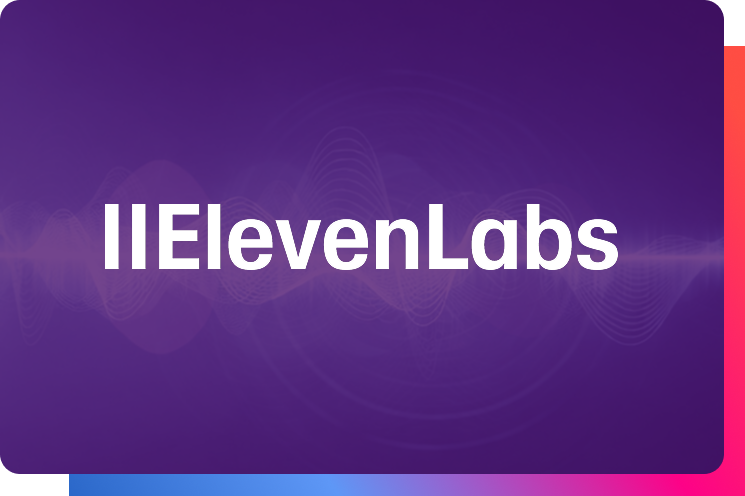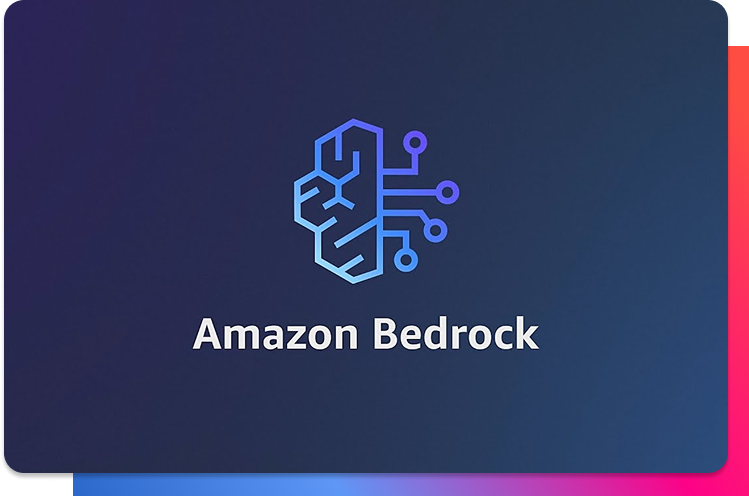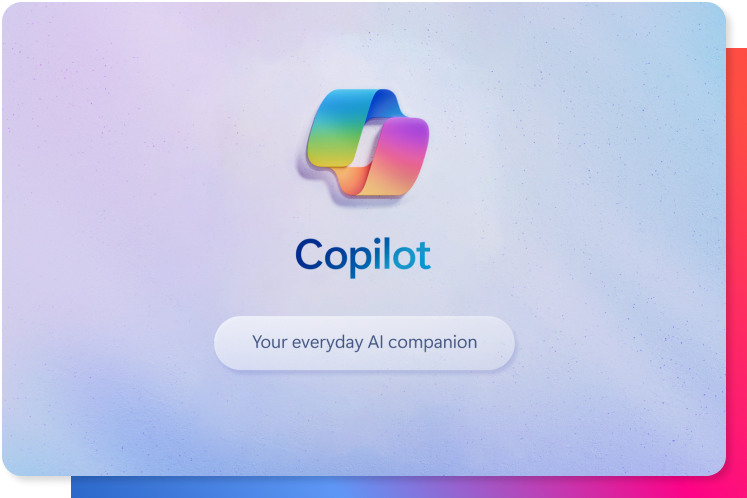In the software and digital product development industry, technical expertise — frameworks, architectures, delivery speed — often takes center stage. But technical knowledge alone doesn’t guarantee success. When client understanding falters or the business logic behind a product isn’t fully grasped, technical execution falls short. Technical talent by itself is not enough. Why?
Building true alignment goes beyond code
At Exomindset, we believe building a product isn’t just about solving technical challenges. It’s about understanding context, business logic, and company culture. The real challenge isn’t just writing code; it’s thinking and feeling like the client, anticipating their needs, and proposing solutions that create real value.
This is why we believe culture fit is as important as technical skills. It’s what allows a team to work as a living system, flowing without friction and making smart, client-centered decisions.
What culture fit means and why it matters in product development
Culture fit isn’t about charisma or fitting in at social events. It runs deeper: it’s about aligning values, ways of thinking, and working styles, both with the client and the team. It’s the foundation of trust, collaboration, and true partnership.
Every organization has its own product culture, expressed in how teams think, prioritize, and make decisions. This culture often reflects the influence of leadership, company history, and business models. Some teams are engineering-driven, others sales-driven, design-driven, or data-driven.
In an engineering-driven environment, the focus is on architectural excellence, scalability, and automation. Product decisions hinge on technical feasibility. Succeeding in this culture means understanding technical challenges, valuing clean code, and speaking the engineers’ language.
In a sales-driven environment, priorities shift toward paying customers. Requirements are shaped by the sales team or key accounts. The team must adapt quickly, execute fast, and have a strong commercial sense to support growth.
Design-driven organizations put user experience at the center. They focus on crafting elegant, simple, and intuitive solutions. Here, value comes from sensitivity to user interfaces, a user-first mindset, and close collaboration with design teams.
Data-driven cultures base decisions on analytics and experimentation. In these environments, teams need critical thinking skills, mastery of analytical tools, and the ability to design A/B experiments that optimize products quickly.
Why this understanding matters
Without understanding the internal logic of how a company builds products, real collaboration is impossible. True value comes from aligning with that logic, not just completing tasks.
At Exomindset, culture fit means reading between the lines, identifying patterns, and adapting intelligently to each environment. It’s about building products that not only work, but truly fit within the client’s ecosystem.
The real challenge lies in balancing adaptation with proactivity: fitting into the client’s culture while proposing new perspectives. Working with a fast-moving startup is very different from collaborating with a corporation with multiple layers of approval.
Technical skills can be taught. Cultural sensitivity is developed through awareness, experience, and empathy.
How we evaluate culture fit at Exomindset
At Exomindset, we believe cultural alignment drives real value. When the team’s thinking aligns with the client’s, collaboration flows naturally and impact multiplies.
We don’t match collaborators and projects automatically. We carefully select the contexts where we know we can make a difference. We look for people who treat products as ecosystems, not task lists. People who propose ideas, challenge assumptions thoughtfully, and contribute with their unique perspective.
We assess culture fit through:
- Openness to debate: the ability to disagree respectfully, defend ideas with arguments, and remain open to better solutions. Healthy debate strengthens teams and products.
- Outcome-focused thinking: beyond ticking tasks off, we value understanding the client’s goals and contributing strategically.
- Authentic collaboration: teamwork is about sharing knowledge, building together, and taking collective responsibility.
- Clear and honest communication: technical skills matter, but clarity, honesty, and active listening make the real difference.
- Smart adaptability: success means adjusting intelligently to each project’s context, not blindly agreeing to everything.
It’s not about fitting in at any cost — it’s about knowing where you thrive
At Exomindset, we understand that not every project is right for every profile. Just as we carefully select people, we carefully choose the challenges where we can deliver our best value.
Beyond hierarchies: teams as living systems
When culture fit is strong, teams don’t need constant supervision. They operate as living systems, where each member understands their role, the impact of their work, and the shared purpose.
This is no accident. It’s the result of intentionally building a shared culture based on trust, clarity, and aligned priorities.
One of the frameworks that inspires our way of working is Holacracy, particularly the principle of distributed autonomy. Each team member assumes clear roles, makes informed decisions, and acts with a systemic view in mind. It’s not about having no structure. It’s about having the right structure: one based on ownership, trust, and accountability.
When culture fit is strong:
- Communication flows more easily
- Decisions are made faster and more strategically
- Conflicts are handled with maturity
- Teams are more motivated, engaged, and focused
And naturally, this translates into better outcomes for the client.
The impact is measurable. According to Gallup, highly engaged teams — an outcome strongly influenced by culture fit — are 21% more productive and have 59% less turnover. Culture fit is not an intangible. It’s a key driver of operational efficiency and long-term success.
Technical skills build. Culture fit sustains.
In product development, technical expertise is the foundation. But it’s cultural alignment that sustains relationships, scales processes, and leads to business-relevant solutions.
At Exomindset, we don’t choose people only for what they can do. We choose them for how they think, how they work, and how they connect with others. Because the best teams aren’t the ones with the most impressive résumés. They are the ones who understand each other, listen to each other, and build a shared vision.
When bringing someone into a product team, ask yourself:
- Do they understand the real problem?
- Can they put themselves in the client’s shoes?
- Do they have the judgment to prioritize and decide?
- Do they know when to say no?
- Can we trust them to own a part of the system and help it flow?
That’s where the real difference lies.
Technical skills build.
Culture fit sustains.
When both align, results become extraordinary.








 Español
Español